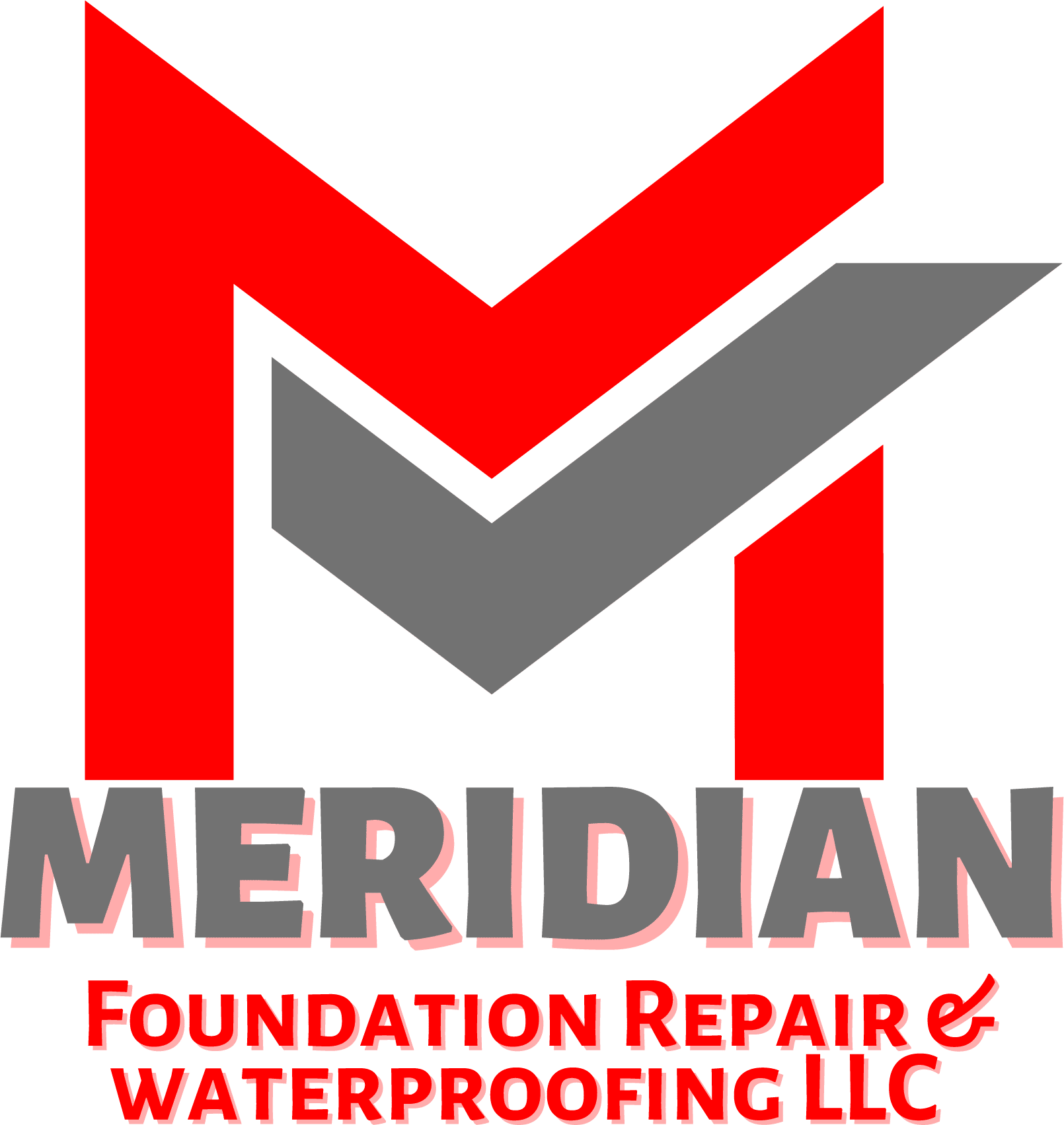It is common for homes, especially new ones, to have problems with the foundation. If you don’t have a solid foundation, your home will not be able to stand the test of time. If you have an issue with your foundation, it’s likely to affect the rest of your home, including its walls, roof, windows, and doors. However, there are many reasons that cause foundation damage, and rain and foundation settling are two of the most typical causes of foundation deterioration.
How does rain affect foundations?
The impact rain can have to a foundation is something you may already be familiar with if you live in a region that gets a lot of rain. Getting wet and having to postpone or cancel outside activities are just two of the many reasons that people loathe rain. Then there’s the fact that some people despise the rain since it might cause major damage to their homes. For properties with poor drainage, even light rain can be enough to cause major difficulties.
What is foundation settlement?
When the ground underlying and around your foundation begins to shift, this is known as foundation settlement. As a result of these gaps in the earth, your house may begin to sink, tilt, or otherwise become unsteady. When laying new foundations, keep in mind that settling is to be expected, and foundation contractors take this into account.
This phenomenon, known as settlement in foundations, isn’t necessarily due to human mistake. The earth moving and adapting to the installation of your home’s foundation is the most common cause. Because of this, the season, soil type, the year of construction, and growth of trees or plants can all contribute to major foundation settlements.
Season
As a result of seasonal weather, foundation settling is considerably affected. It’s possible for foundations built during the rainy season to settle unexpectedly after the soil has a chance to dry out. Contrarily, as the earth swells due to increased moisture, foundations constructed in the dry summer months will be subjected to greater strain.
Soil type
Your foundation may be affected by a variety of soil types after it has been built. Various soils settle and react to moisture in different ways. Choosing the right foundation for your home is a complex process that necessitates knowledge of the many types of soil and how they affect the structure.
Time
The longer your house has been sitting in its current location, the less likely the foundation is to settle. The likelihood of foundation settling in newer homes is higher than in older homes.
Tree or plant growth
Trees are great natural occurrences. Soil is displaced when roots grow deeper and broader into the earth. Your foundation might be directly affected, or soil gaps could be created, causing your foundation to shift as well.
How can you prevent foundation damages then?
There is always a method to prevent foundation damage from rain and settling, so here are some suggestions:
Place in gutters that will correctly channel the water.
Gutter installation is a great technique to keep your property’s foundation dry and prevent foundation damage. Over time, it will pay for itself by diverting water away from your home. Keeping them clean and free of obstructions is all that is required.
French drain
Using French drains and other drainage systems, homeowners may keep their foundation dry. Property owners benefit greatly from using it for this reason.
Positive grading
There is an increased danger of foundation damage if the terrain surrounding your home slopes toward your foundation (negative grading). You may expect your foundation to be affected by water flow, which can cause concrete to lose its resistance to water and begin to degrade.
It is possible to use gravity to remove water from your foundation with the help of terrain grading. Always ensure that the earth slopes away from your base – positive grading – before moving on to the next step in the construction process.
Add retaining walls
The most effective technique to safeguard the foundation of your home against flooding and foundation settlement is using retaining walls. In sloping terrain, they’re especially helpful in preventing dirt from slipping since they neatly divide distinct places of height. Water can be diverted away from the foundation by constructing retaining walls.
Remediate your foundation’s clay-rich soil
Clay-rich soils are more susceptible to flooding. Clay-rich soils may hide structural deterioration, and you’ll be in big risk before you realize it. The foundation may shift, sink, or tilt due to weaker soils.
Industrial steel tubes may be pushed through unstable soil and into the solid earth below to reinforce the foundation of your home.
Conclusion
When it comes to securing your home and foundation against rain and settlement, it’s crucial to be proactive. Being concerned about this issue and wondering what the best course of action is to avoid foundation damage is perfectly reasonable. We believe that the suggested foundation damage prevention solutions have been helpful!


